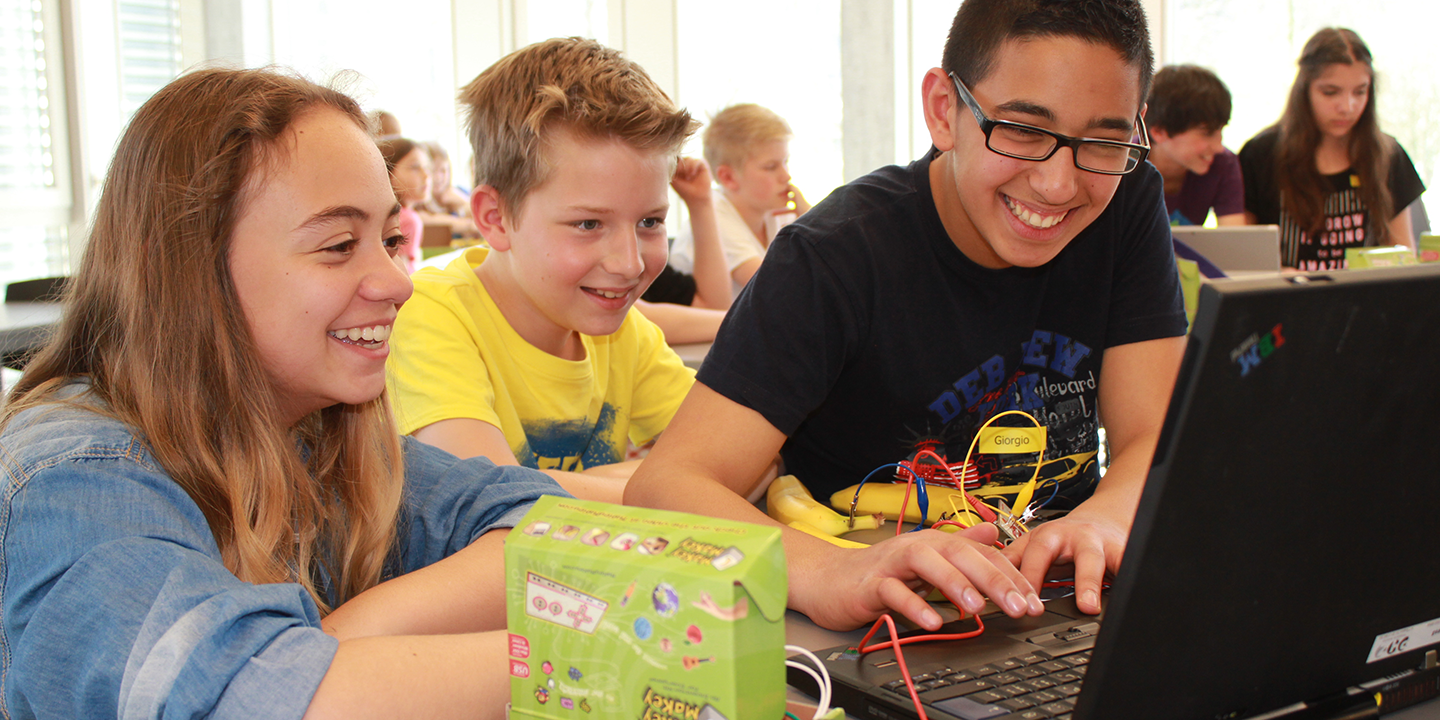"How does this work?" Children’s conceptions of computer science and programming

The research team developed assessments for internet and programming concepts for children and prospective teachers. These have improved children’s understanding of computer science and led to new teaching methods and tools.
Project description (completed research project)
In an increasingly digitalised world, it is important that people understand how computer systems work. This understanding is essential for informed action and decision-making in society, which is why, in recent years, many countries have included computer skills in primary school curricula. Computer science, and programming in particular, is a new subject not only for students but also for most teachers. After conducting a systematic literature review, the research team developed and validated six assessments, four for children’s programming concepts (PreProMAT – Scratch, ProMAT – Scratch, PreProMAT – Logo, ProMAT – Logo), one for the programming understanding of prospective teachers (SRCT) and one for children’s conceptions of the internet. These assessments have been used and are being in several studies.
Background
There is a growing awareness around the world that the next generation must be prepared for the digital transformation, and corresponding changes have been made to curricula worldwide. Changing the curricula is one step in the right direction. However, the next step is to bring teachers up to speed so that they can teach these new learning domains with confidence, which requires knowledge about what kind of preconceptions and misconceptions children have about computer science topics such as the internet and computer programming.
Aim
The aim of the project was to better understand children’s conceptions of computer science and to provide teachers with methods and tools for measuring these conceptions, which in turn should help them prepare their computer science lessons.
Relevance
This research led to three recommendations. First, computer science concepts should be taught explicitly. It cannot be assumed that children and prospective teachers will spontenously develop accurate and elaborate conceptions when programming and using the internet. Second, learning about the infrastructure of the Internet should be shifted to primary school, as it is fundamental to understanding other computer science concepts and it is relatively easy to teach and connect to the everyday experiences of children in the fifth and sixth years of primary school. Finally, concept cartoons are an excellent way to assess and discuss computer science concepts.
Results
Three main messages
- Teach computer science concepts explicitly instead of expecting children and prospective teachers to develop understanding spontaneously, through activities such as using computers and the internet or by trying to program in educational programming languages such as Scratch and xLogo.
- Introduce teaching about the infrastructure of the internet in primary school, as this is fundamental to understanding other computer science concepts and is relatively easy to link to the everyday experiences of children in the fifth and sixth years of primary school.
- Use concept cartoons (e.g. conceptcartoons.de) to assess and discuss computer science concepts (e.g. about the internet) with children in the fifth and sixth years of primary school and prospective teachers.
Original title
Towards better understanding of computer-science concept knowledge and computer-science misconceptions in children
